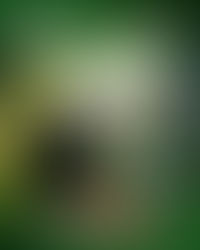Nurturing Nature - NST
- Jul 29, 2017
- 2 min read

When a scientific expedition brings together a group of school children into their conservation work, you can be sure it's a serious affairs, writes Elena Koshy
With a land area of approximately 1,800 hectares, Pangkor Island, off the coast of Lumut is considered tiny. But don’t let its diminutiveness fool you: big things are happening here.
Over the past week the island had become the site of a quiet, but grand conservation experiment.The experiment isn’t just about the 150-strong (and serious) researchers making their way into the island’s pristine primary rainforest or diving into the depths of her seas to document and record her hidden natural treasures in the hopes of making a meaningful contribution to the long-term conservation of Pangkor’s amazing albeit little-known biodiversity. The Pangkor Scientific Expedition 2017, organised by Ecotourism & Conservation Society Malaysia (ECOMY) and Vale Malaysia Minerals, is serious work no doubt.
While important research and discoveries are being made on an island best known for its holiday resorts and endless beaches, the other real conservation experiment lies amidst the chattering, fidgety groups of young students armed with sun-fending caps, t-shirts and grubby notebooks, waiting under the blazing heat for directions.
Serious scientific work? Check. Serious as a heart attack, maybe. But these eager learners are out to have fun, namely to get acquainted with nature that’s out there in their backyards.
Hailing from local villages from around the island, a total of 155 students volunteered to take part in the scientific expedition, most simply attracted by the prospect of an adventure out in the wild.
But Dr Evelyn Lim Ai Lin, co-founder of ECOMY, environmental educationist and senior lecturer at University Putra Malaysia (UPM) isn’t too concerned about their motivations. “It’s all about giving young people an opportunity to contribute meaningfully to science,” she says, before adding with a smile: “...while having fun, of course!”











Comments